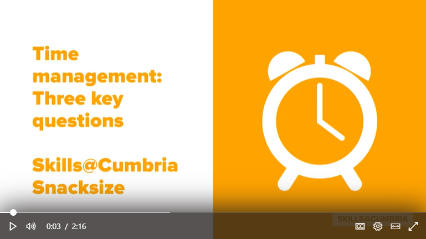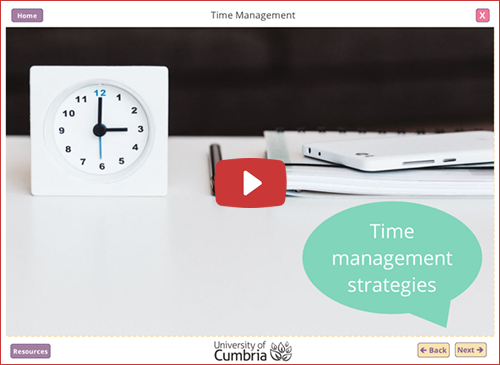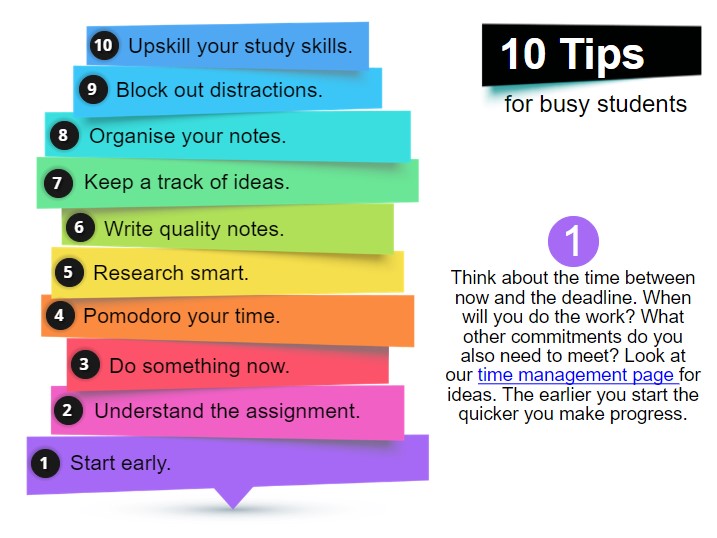Procrastination is something that we all fall prey to from time to time. It is something that usually happens when deadlines loom or we are feeling more under pressure. We can all put off that assignment or task we must complete and do something else instead. That means that the task gets closer and closer, without progress being made.
To learn more about what procrastination is, read our short blog post: Understanding procrastination.
We have a range of other posts about procrastination on our blog that include useful strategies and tools that you can try out.
 The TogetherAll Stop Procrastinating Course takes a deeper dive into the topic of procrastination, challenges some myths and suggests techniques that you might employ. This course offers useful tools to help you identify your procrastination habits, plus where and when this might be affecting you. If you feel that procrastinating is stopping you achieving what you want, allow yourself a couple of hours to complete the course. It can be tackled in chunks or all at once. You can sign up for a free account for TogetherAll, search for procrastination under the course menu.
The TogetherAll Stop Procrastinating Course takes a deeper dive into the topic of procrastination, challenges some myths and suggests techniques that you might employ. This course offers useful tools to help you identify your procrastination habits, plus where and when this might be affecting you. If you feel that procrastinating is stopping you achieving what you want, allow yourself a couple of hours to complete the course. It can be tackled in chunks or all at once. You can sign up for a free account for TogetherAll, search for procrastination under the course menu.
Sign up to our Procrastination webinar to learn more and discuss strategies with the Skills@Cumbria and Mental Health and Wellbeing Team.




